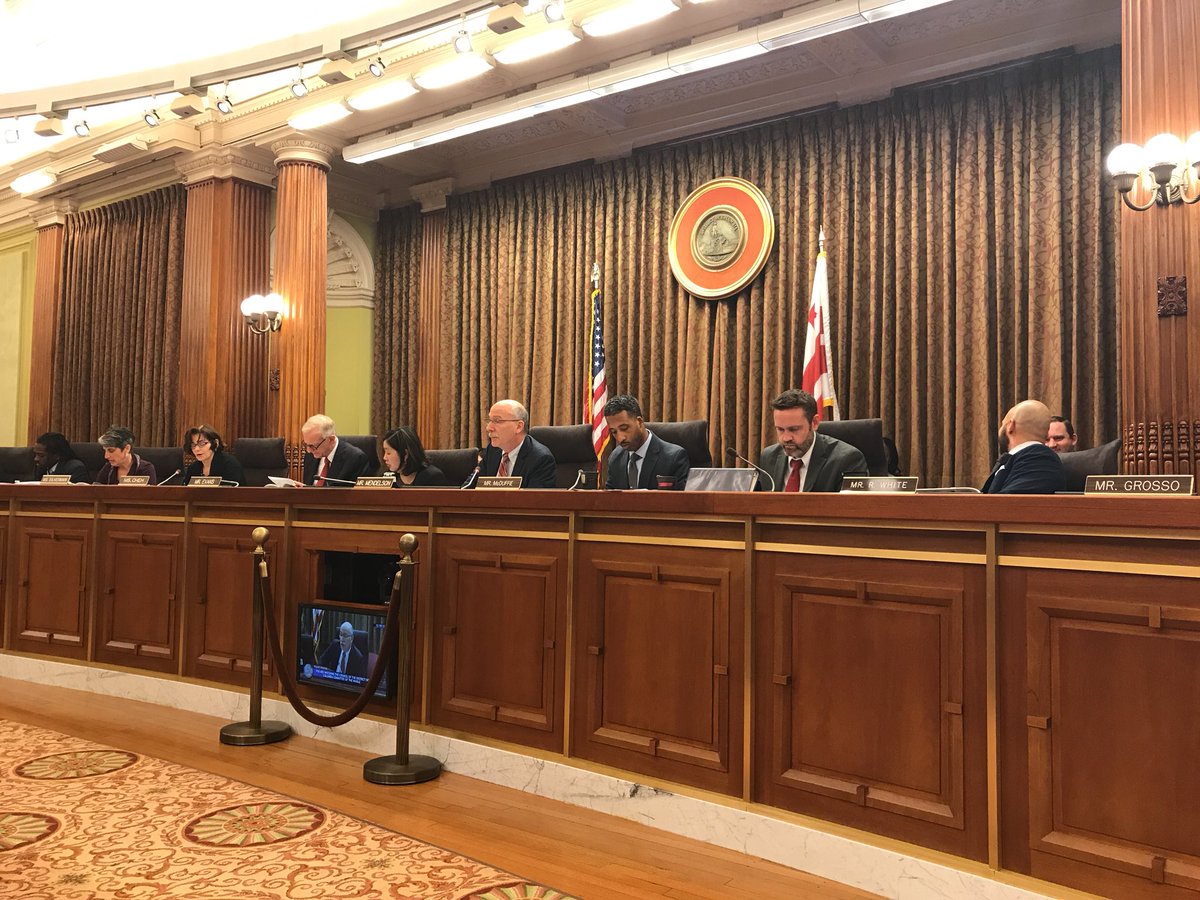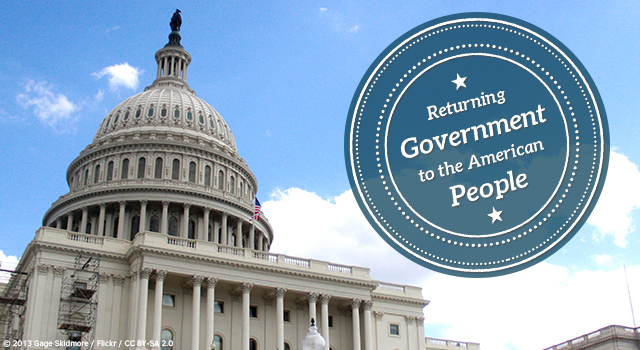On Tuesday, the D.C. City Council voted unanimously in favor of a tax-financing program for city campaigns. Dubbed the “Fair Elections Act of 2018,” the bill would provide tax dollars to candidates running for Mayor, City Council, Attorney General, and the State Board of Education if they agree to limit their spending and reach the magic number of small-dollar contributions for their respective race. Last week, it appeared almost inevitable that D.C. residents would soon be on the hook for funding District pols’ campaigns, but Mayor Muriel Bowser threw a wrench into the process by stating that she would not fund such a program.
Out of the 13 members of the Council, nine sponsored the bill upon its introduction last year. However, funding for it still must come out of the Mayor’s budget, and she has made clear that isn’t likely to happen – though the Council may still amend the Mayor’s budget to pay for the program.
According to Bowser’s spokeswoman, LaToya Foster, “[w]ith so many pressing needs for residents, it is not prudent to divert tax dollars from hiring more police, investing in housing or fixing our roads to paying for candidate robo calls, pole signs or donor receptions.”
If the bill passes into law, the tax-financing program wouldn’t be implemented until 2020. Estimates on what it would cost D.C. taxpayers already range from $3.2 million in 2020 to $18.8 million in 2022, when more city-wide positions are up for election. Supporters of the program argue that its cost would represent a fraction of the city’s overall budget; but, irrespective of the price tag, taxpayers should not be on the hook for funding the campaigns of politicians they oppose.
Schemes like the one proposed in the Fair Elections Act have been implemented before at both the city and state levels in different locales across the United States. Often surreptitiously referred to as “clean elections,” anyone willing to speak out against them, like Mayor Bowser, is derided as being against “good government.”
Supporters have worked hard to market the narratives that tax-financing programs allow average Americans to run and achieve political office while preventing corruption, among other lofty goals. But if you look closer at what these programs have actually achieved, it is evident that these narratives are mere fiction.
When comparing the handful of states with taxpayer-funded campaigns to those without such programs, there is no evidence that tax-financing reduces the number of incumbent candidates who win re-election. Incumbents already have name recognition and experience to use to their advantage, and limiting the ability of challengers to fundraise and mount an effective campaign – as these programs do – makes it all the more likely the incumbents will be re-elected. Proponents of tax-financing sell the policy by arguing that it’ll help everyday Americans run for elected office, but the results don’t lie, and they demonstrate that the same politicians who have been winning for years, are still winning – just now with your tax dollars.
Supporters also try to justify tax financing by claiming that it prevents corruption in government, because candidates don’t have to rely on big donors who may ask for something in return down the road. But a quick glance at the headlines of local newspapers in Los Angeles, New York City, or any of the other jurisdictions with tax-financing shows very quickly that these programs don’t prevent corrupt candidates from getting public funding. Quite the contrary, tax-financing programs have actually served as ground zero for the creation of new avenues of corruption.
The sponsor of the Fair Elections Act, David Grosso, boasted that it would give the people of D.C. a “greater voice” in government. But it seems odd to categorize a program that compels taxpayers to financially support candidates they may or may not agree with, or who otherwise may even purposefully abstain from participating in politics altogether, as giving anyone but the politicians collecting your tax dollars a “greater voice.”
Elections are better when Americans are able to voluntarily choose to support candidates whose platforms and ideas resonate with them. Many choose to show their support through yard-signs, bumper stickers, or Facebook posts, while others choose to make a campaign contribution, and many others choose to donate their time by door-knocking or making phone calls on behalf of their preferred candidate. All of these activities are vital ways for voters to voice their support for candidates, but the ability of other Americans to choose not to participate in politics at all is just as important. Tax-financing programs, like what’s being proposed in D.C., undermine both freedoms.
Mayor Bowser’s statement that she will not fund a tax-financing program for the District of Columbia, if passed by the City Council, is unlikely to be enough to stop the bill from passing in the first place – or to stop the Council from overriding Bowser’s budget during negotiations later this year. But, it is heartening that for now, at least one D.C. politician is willing to stand against subsidizing her own candidacy with the tax dollars of unsuspecting residents.














